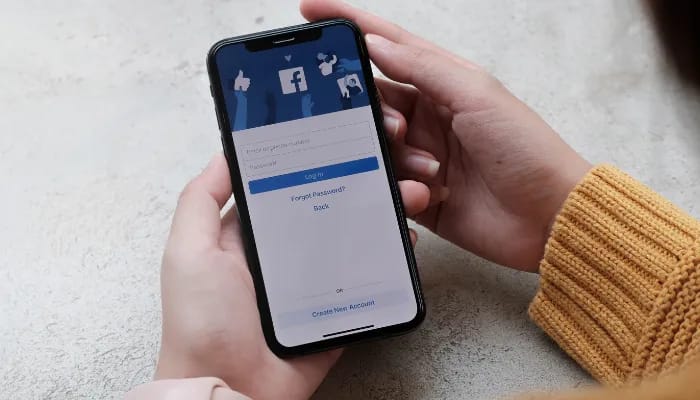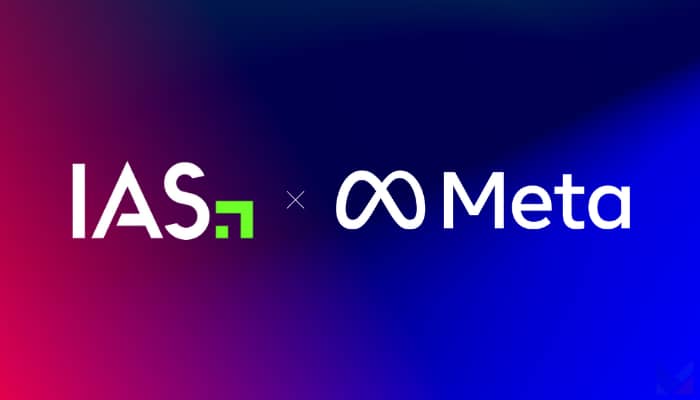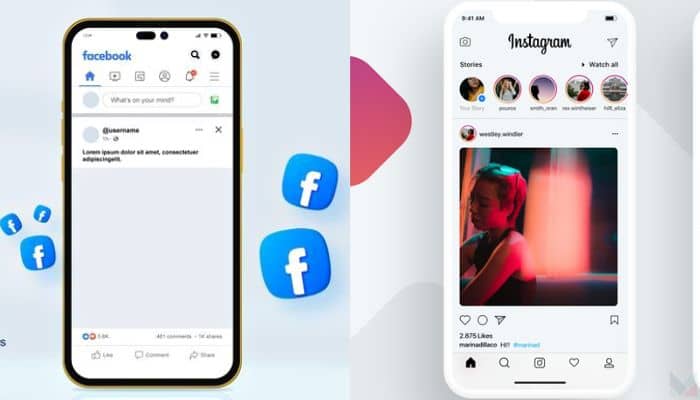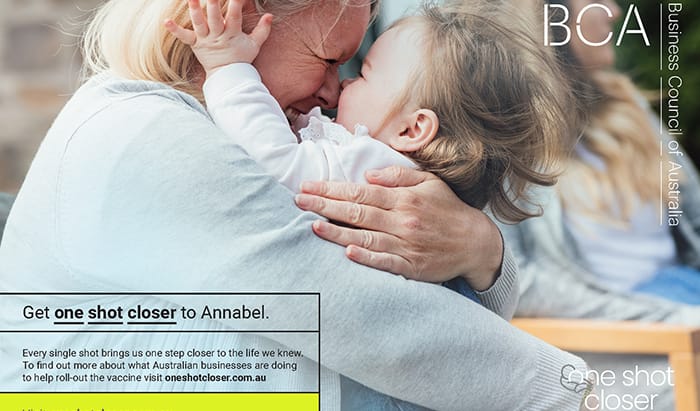Singapore – With over 40% of consumers making purchases, the latest data from market research company YouGov revealed that Facebook emerged as the top social media platform for online shopping in Singapore.
Among the platforms, TikTok and Instagram are tied next at the same level, each securing an average of 26%, followed by YouTube at 20%. Notably, 40% of the respondents reported not having made any purchases through social media platforms.
In terms of purchase frequency, 52% of Singaporean consumers are classified as occasional buyers, shopping less than once a month, while 36% are frequent buyers, shopping more than once a month. Meanwhile, 11% are not sure about their shopping frequency.
Interestingly, a greater usage among Singaporean millennial buyers was also indicated, compared to Generation Z. In particular, millennials lead as frequent buyers (44%), and Singaporean Generation Z leans towards occasional buying (63%).
Furthermore, Facebook also ranked first as the most frequently used app for purchases, with 74% in favor, followed by TikTok at 58% and YouTube at 51%. On the other hand, the usage distribution shifts slightly among occasional buyers, with 61% using Facebook, 41% favouring Instagram, and 38% opting for TikTok.
Meanwhile, the data also revealed the factors affecting consumers buying via social media. This includes the risk of scams (70%), lack of trust (67%), and unclear return and exchange policies (49%). Many are likely to be hindered by poor customer service (42%), technical issues (36%), and unsuccessful payment methods (31%).
When asked what aspects may improve their social media purchasing experience, greater customer service came out on top (79%), followed by faster and more reliable delivery (74%), and secure payment methods (73%). 62% of shoppers prefer enhanced product search and filtering features.
Lastly, the integration of augmented reality (AR) for virtual product try-ons marks a promising frontier in the evolution of social commerce, with 36% of consumers saying this will enhance their overall shopping experience on social media.












